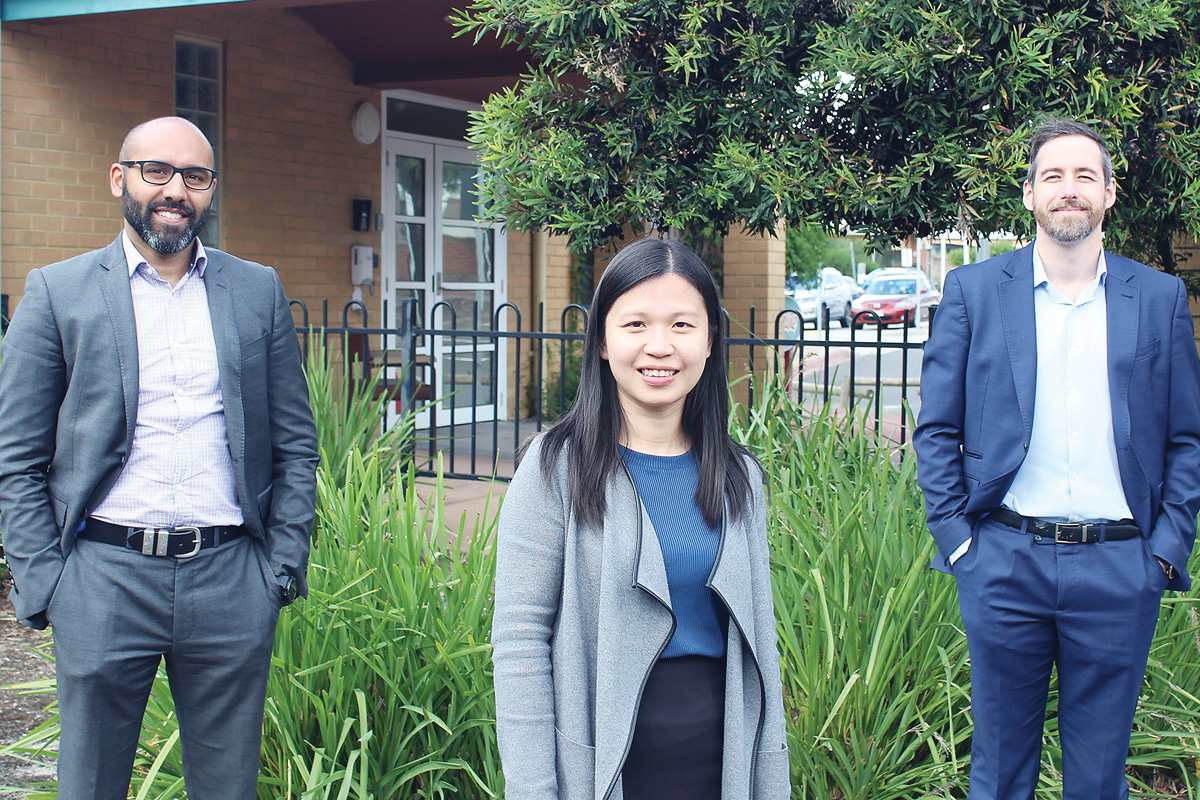PENINSULA Health has won three prizes at the 2021 Healthcare Financial Management Association awards, which recognises talent and leadership in health organisation finance teams across Australia.
Financial planning and analysis manager at Peninsula Health and winner of the innovation award, David Monaghan, said that as finance increasingly moved to organisational decision-making on healthcare, the finance division had become more intimately involved in the day-to-day operations of the organisation.
“Our skill set is in analysing and interpreting large datasets to drive efficiencies in the service; to ensure hospitals and health services remain sustainable and operational now and into the future for our community,” Mr Monaghan said.
“It is our responsibility as the current custodians of the health service to hand it over to future generations in better shape than we inherited it.”
Runner-up finance leader of the year, financial controller Mark Misquitta, led three projects that created significant change at Peninsula Health, including bringing in a robotic automation tool, a new system for fraud checking, and a data analytics tool for auditing payroll transactions.
“To have the opportunity to be part of the financial stewardship, of such an important entity to the Victorian peninsula community, is something I am very grateful for,” he said.
Assistant business partner Chau Phan was joint winner of the rising star award.
Originally joining Peninsula Health as an accountant, Ms Phan developed her skills as well as a new “budget cube” that allowed detailed data analysis to be easily reviewed. She also developed a profit and loss cube that turned static reports live – allowing data to be used in a multitude of ways.
Mr Monaghan, who developed a bed plan/national weighted activity unit calculator model to set activity targets and monitor activity performance in the service, said it was an example of how finance can use its broad skill-set to add value as a strategic partner to the service.
“It allows for a pro-active approach to managing bed demand and capacity, ensuring the community has access to services when it needs them and to a high standard of care,” he said.
The model is set to be used across the service in 2022.

